Help Us Build a Forever Home for Wildlife!
Pacific Wildlife Care is thrilled to announce our plans for a new, permanent home in San Luis Obispo. Located on a beautiful 10-acre property, the Kim and Derrel Ridenour Wildlife Rehabilitation Center will enable us to better serve our community’s wildlife. Our comprehensive goal of $11.5 million will secure funding needed for the construction of this transformational project and create a sustainable future for PWC. Thanks to the generosity of our supporters, we’ve raised $5.7 million towards the $7 million needed for initial planning and construction needs. Additionally we have raised $3.8 million in legacy gifts to help create a sustainable future for PWC.
With construction starting in early 2025, your support is vital. Donate today to help us create a brighter future for wildlife in San Luis Obispo County.
Behind the Scenes at PWC
Pacific Wildlife Care (PWC) has been an advocate for wildlife in San Luis Obispo County since 1984.
From that time we have grown from a small group of dedicated home rehabilitators into a successful non-profit organization with a well-equipped rehabilitation center, a full-time wildlife veterinarian, a small paid staff, and nearly 200 volunteers. In addition to the Rehabilitation Center, which is open every day of the year, we maintain a Wildlife Hotline that the public can call to report distressed wildlife (injured, sick, orphaned) and to receive information about our local wildlife.
The Latest from PWC
Pacific Wildlife Care News
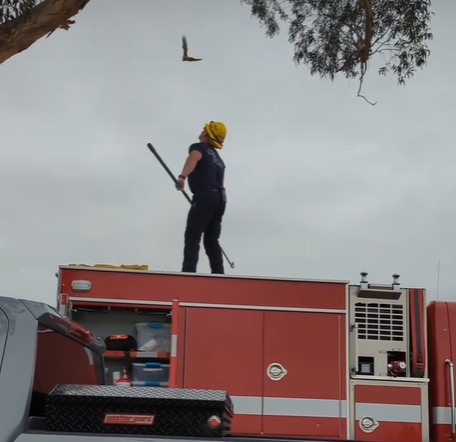
Hanging by a Wing
Such an innocuous thing – a piece of string, likely from a kite. Innocuous, maybe, to the human eye, but […]
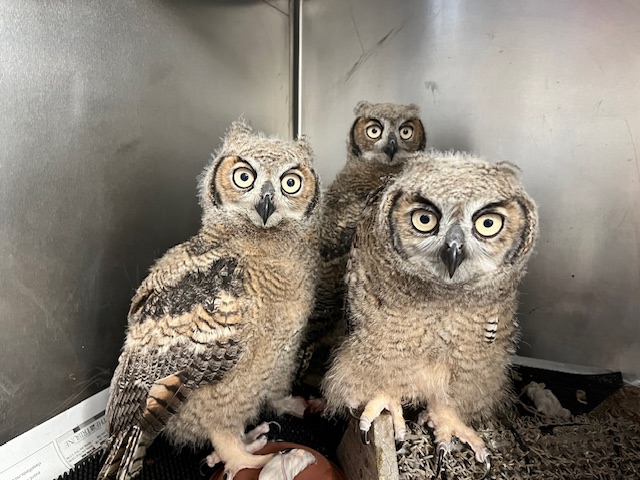
Bringing Up Baby (Owls)
The surge of baby birds at PWC every spring and summer – beginning with raptors, followed soon by songbirds – […]
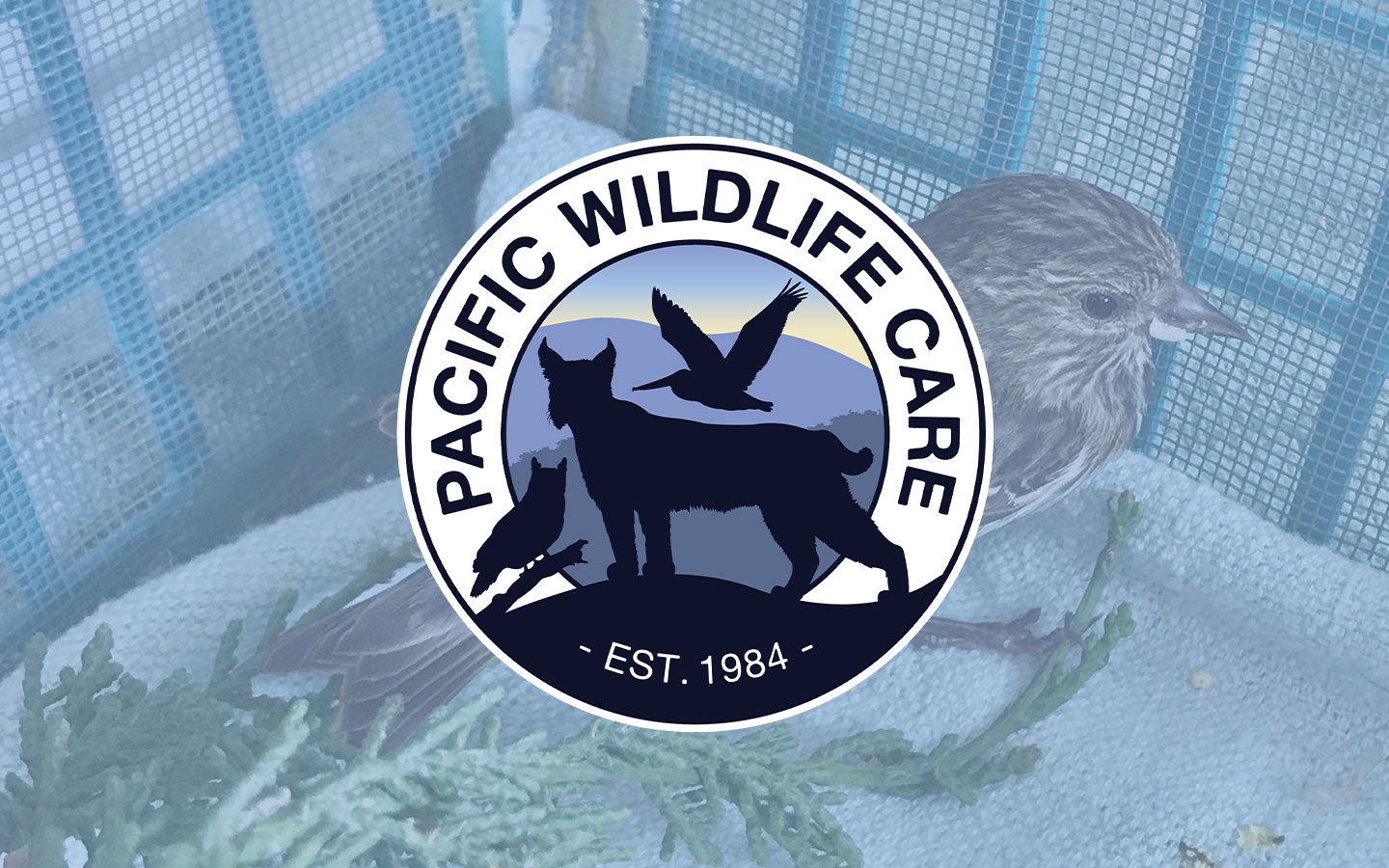
The Care and Feeding of All Those Babies
Spring is turning to summer, and the demands of the Baby Bird Program (BBP) are intensifying. At the hub of […]
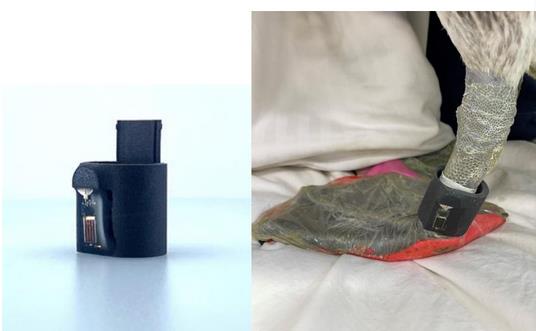
PWC’s Test Pilot
In May 2023, rehabilitated Brown Pelican 23-757 became the first ever pelican to be fitted with a promising new tracking […]
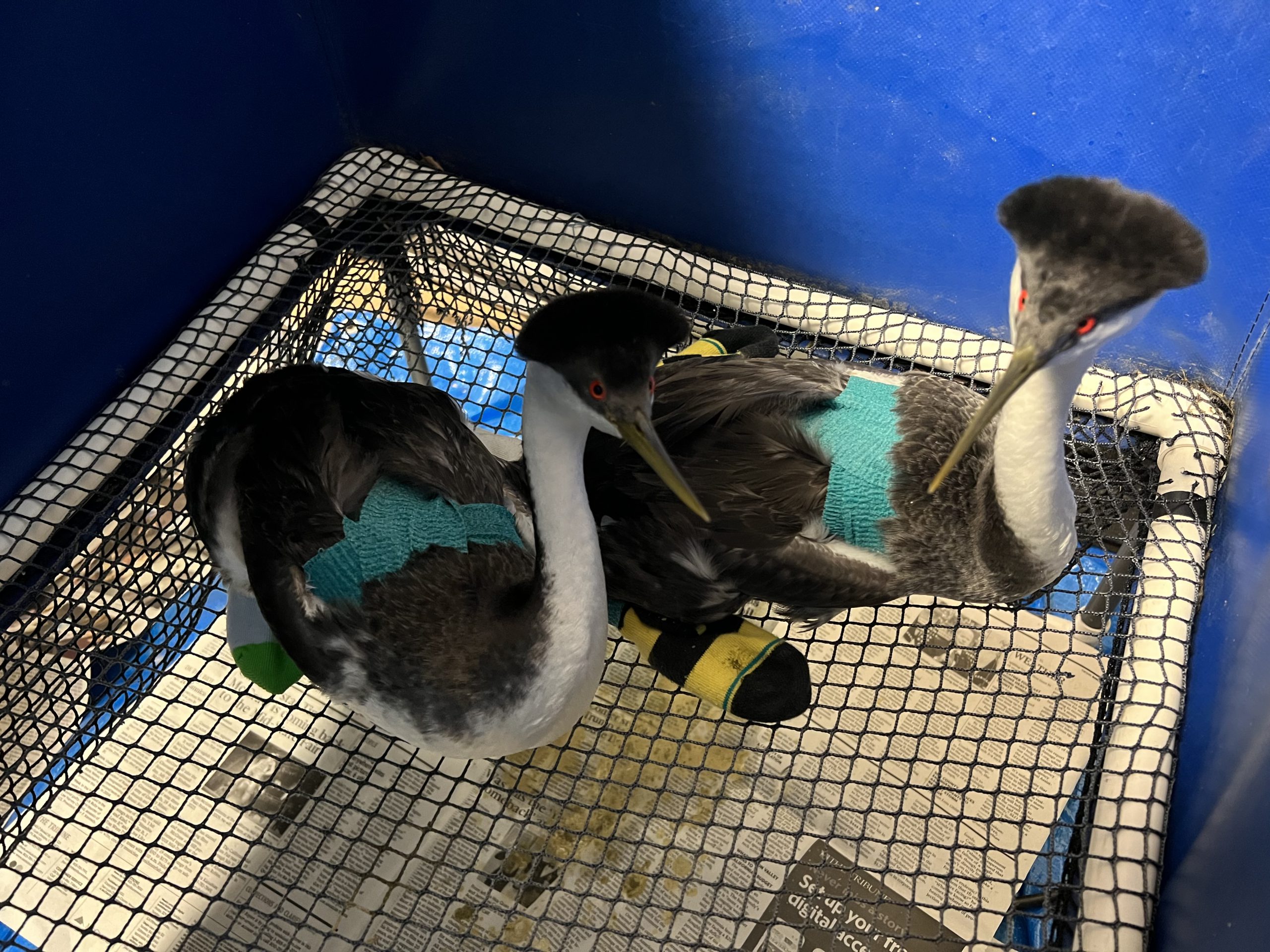
Winter of the Grebes
For a while this season, PWC turned into “Grebe Town.” Western and Clark’s Grebes filled the treatment room, carriers, drying […]

Release Story: RTHA #2717
On Christmas Day, PWC received a call from a Paso Robles resident, Alton, who explained that his kids were playing […]
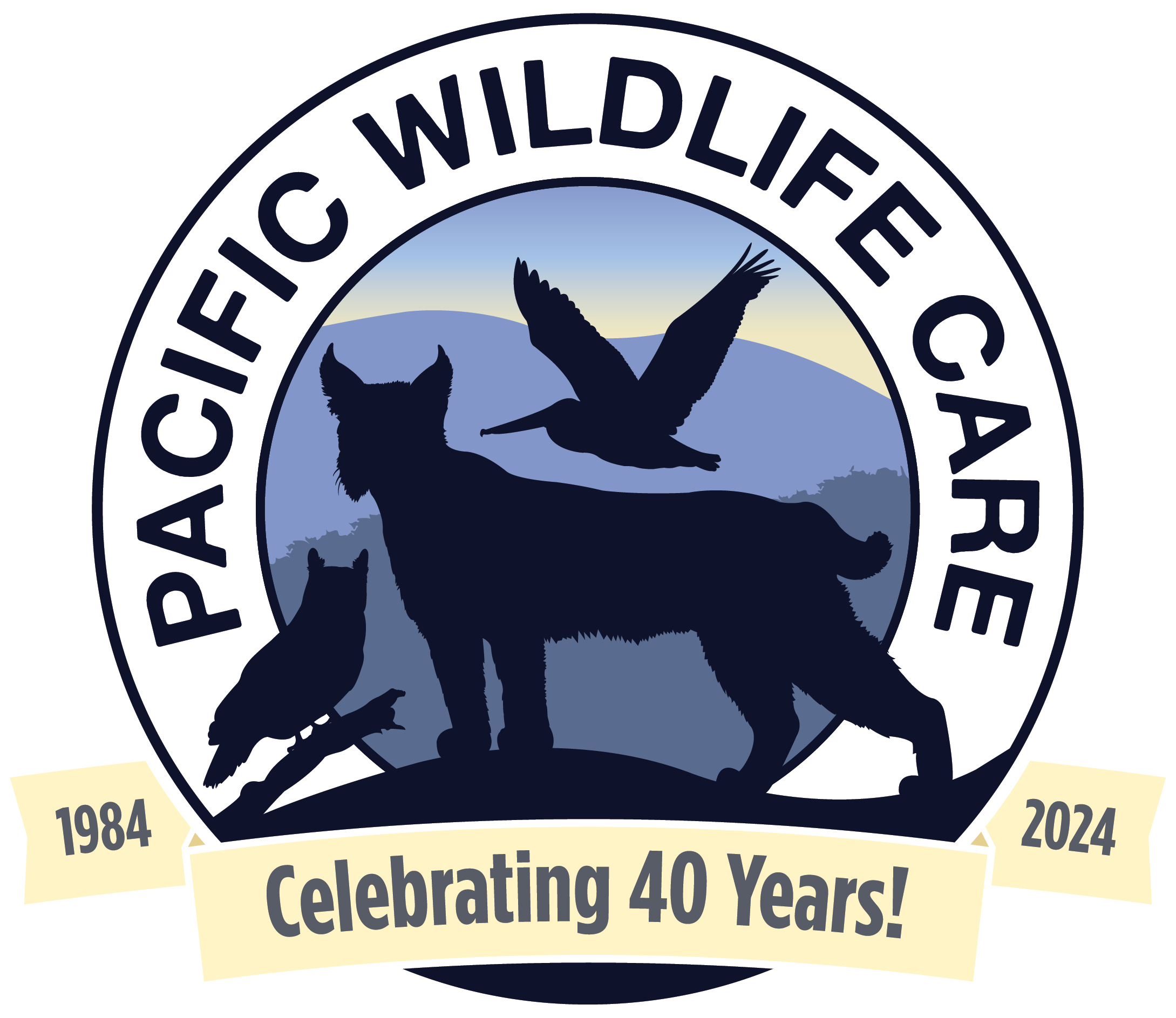






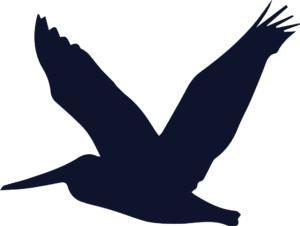
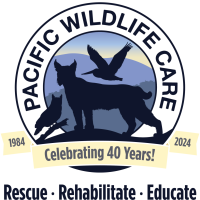
Facebook Posts
Ready to dive deeper into falcons? Today we’re spotlighting two incredible species we see in SLO County: the Peregrine Falcon and the American Kestrel!
🏁 Peregrine Falcons: The fastest animal in the world! Peregrines reach speeds of up to 242 mph in their hunting dive, called a "stoop." Found on every continent except Antarctica, they mostly hunt birds, including shorebirds and pigeons. Peregrines represent a major conservation success: after nearly going extinct in the 1970s due to the effects of the pesticide DDT, significant recovery efforts and the DDT ban brought their populations back. Morro Rock is a well-known local nesting site!
💪 American Kestrels: North America’s smallest falcon is a fierce hunter, preying on small rodents, birds, reptiles, and insects. Look for kestrels perched on power lines or hovering over fields, scanning for their next meal.
💛 You can help these falcon friends by not using pesticides or rodenticides!
🔍 Want help identifying birds? Try Cornell Lab’s free Merlin bird ID app or get connected with your local Audubon chapter! Here in SLO County, the Morro Coast Audubon Society regularly holds bird walks and community events – check them out at morrocoastaudubon.org
#Falcon #Wildlife #PeregrineFalcon #AmericanKestrel #BirdFacts ... See MoreSee Less
⭐ Fascinating falcons! Did you know? Despite their similarities, falcons are not closely related to hawks. In fact, falcons are more closely related to parrots and songbirds than they are to hawks and owls!
Falcons are well-adapted for speed and precision. They have exceptional vision—much sharper than ours!—and streamlined wings for high-speed maneuvers. Their dark malar stripe helps reduce glare, and bony structures in their nostrils break up airflow so they can safely breathe during high-speed dives. Unlike hawks who use their talons, falcons kill prey with their beaks and have a specialized tomial "tooth" notch on their beak to quickly sever the spines of their prey.
In SLO County, you can spot four falcon species: the Prairie Falcon, Peregrine Falcon, American Kestrel, and Merlin. Stay tuned tomorrow to learn more about two of these species, Peregrine Falcons and American Kestrels ✨
#Falcon #Wildlife #PeregrineFalcon #AmericanKestrel #PrairieFalcon #Merlin #BirdFacts ... See MoreSee Less
Come join us this Saturday! ... See MoreSee Less
This content isn't available right now
When this happens, it's usually because the owner only shared it with a small group of people, changed who can see it or it's been deleted.🌟 Join us this Saturday, Feb 1, from 2-4 pm at Ancient Owl Beer Garden and Bottle Shoppe, SLO! Sip on delicious drinks and meet some of our amazing animal ambassadors. We can’t wait to see you there!
#PacificWildlifeCare #EducationAmbassadors #SLOCountyEvents ... See MoreSee Less